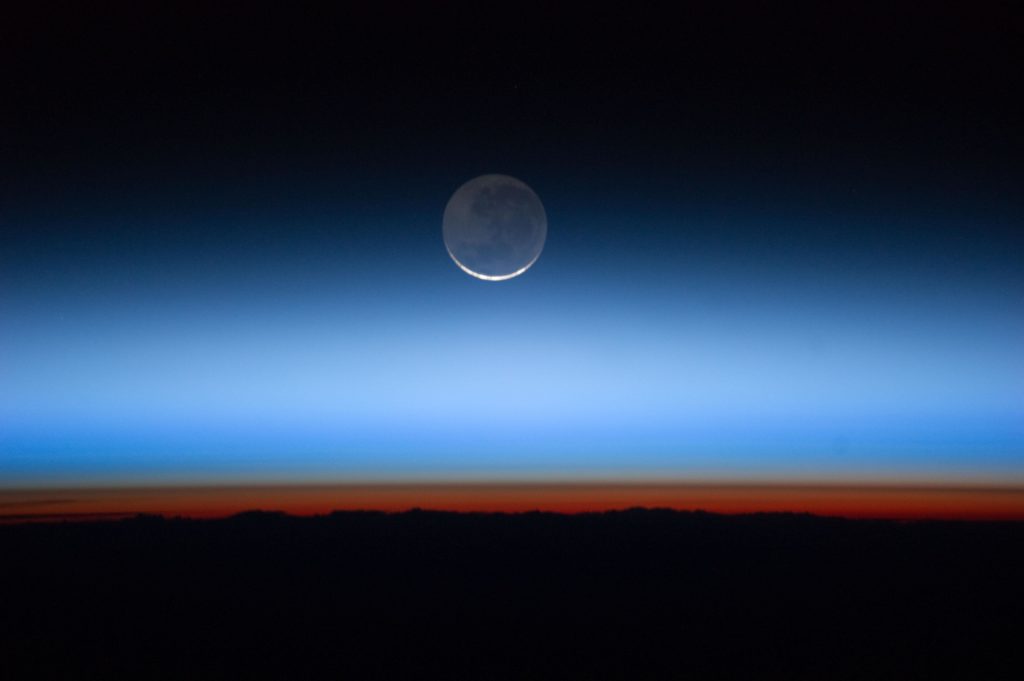
When the heat wave hit the Pacific Northwest last week, climate change finally became palpable for me. Of course, I’d been concerned when the smoke from wildfires enveloped Western Washington last year. My heart went out to the families in Oregon, Washington, and California who lost their homes, and in some cases even loved ones, to the raging flames. Of course, I read the news of more and more intense floods, hurricanes, cold spells, and droughts that have been hitting the United States and many other countries in recent years. People from Alaska to South Asia to East Africa have already been forced to flee their home regions which have become unlivable due to rising sea levels or never-ending droughts, as you can see on this National Geographic map of climate migration. And yet, even as compassionate people, our minds tend to have trouble fully grasping such large-scale or seemingly distant threats, until we feel them on our own bodies. When the temperature reached 103 degrees at my house on the Puget Sound for two days in a row, I felt the reality of climate change first-hand.
Climate Change Most Effects Those Already Targeted by Dehumanization
What does climate change have to do with PTU’s mission to bridge bias and counter dehumanization through multi-faith peacemaking? It has everything to do with it. Climate change increases fear, uncertainty, and competition for natural and social resources. This increases the likelihood of scapegoating, inequality, and conflict within and between communities. The causes and the effects of climate change are directly related to colonialism, racism, and the caste system. Climate change disproportionately impacts the most impoverished and disenfranchised communities in our country and globally. What’s even more unjust is that they have contributed the least to the causes of climate change. For example:
- Farm workers face increasingly grueling and unsafe working conditions during heat waves and wildfire smoke. Nearly half of all farm workers hired on US farms are undocumented immigrants. Without legal protection, they are often forced to work inhumane hours, in unsafe conditions, without access to health care or union-protected labor standards.
- Similarly, a third of workers in slaughterhouses and meat packing facilities are undocumented. As employers demand faster and faster line speed to increase their profit, these people work under extremely hazardous conditions, for abysmal wages. The racist exploitation of people of color thus enables industrialized meat production. And that sector is a major driver of greenhouse gas emissions, deforestation, and soil erosion.
- African Americans are three times more likely than whites to live in old, crowded or poorly insulated housing with no air conditioning. This makes them particularly susceptible to the effects of increased heat. Low-income neighborhoods in cities have been found to be five to 12 degrees hotter than higher income neighborhoods. This is because they have fewer trees and parks, and more asphalt that retains heat.
- Native Americans’ livelihoods and cultures are under particular threat as the ecosystems that have traditionally provided cultural, economic, medicinal, and community health are being degraded by droughts, floods, wildfires, and pest outbreaks associated with climate change.
- Climate change has been a factor in major conflicts in recent years. In places like Darfur and Syria droughts and desertification are leading to land and resource scarcity, increasing fear and polarized communities.
For all these reasons, countering dehumanization means standing up for environmental justice. Peace and well-being for all humans depend on the health of the planet, our one shared home.
[author] [author_image timthumb=’off’]https://pathstounderstanding.org/wp-content/uploads/2021/07/IMG_20190727_180205-Copy-1.jpg[/author_image] [author_info]by Carla Penderock, Director of Contributor Relations at Paths to Understanding[/author_info] [/author]
